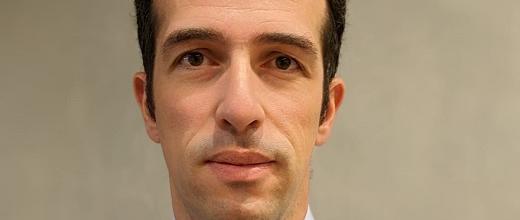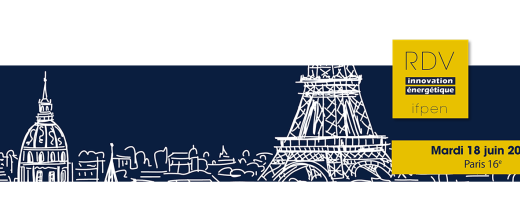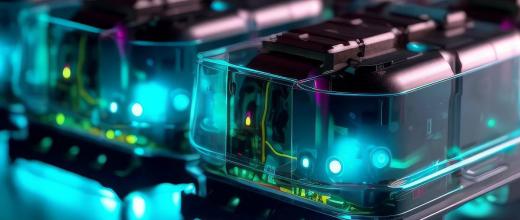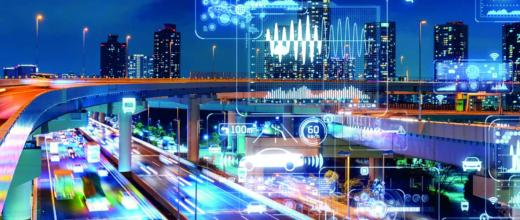IFPEN is leading the MOBIDEC PEPR, an upstream research component supporting the French national acceleration strategy for the digitalization and decarbonization of mobility, alongside Gustave Eiffel University, joint leader of the research program. Integrated in the France 2030 objective, it is aimed at developing an efficient, sovereign and resilient mobility sector.









